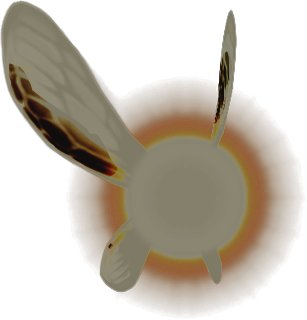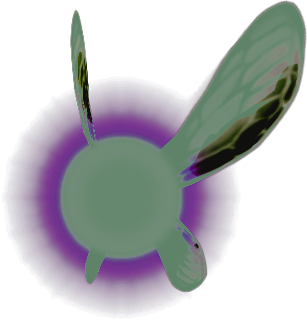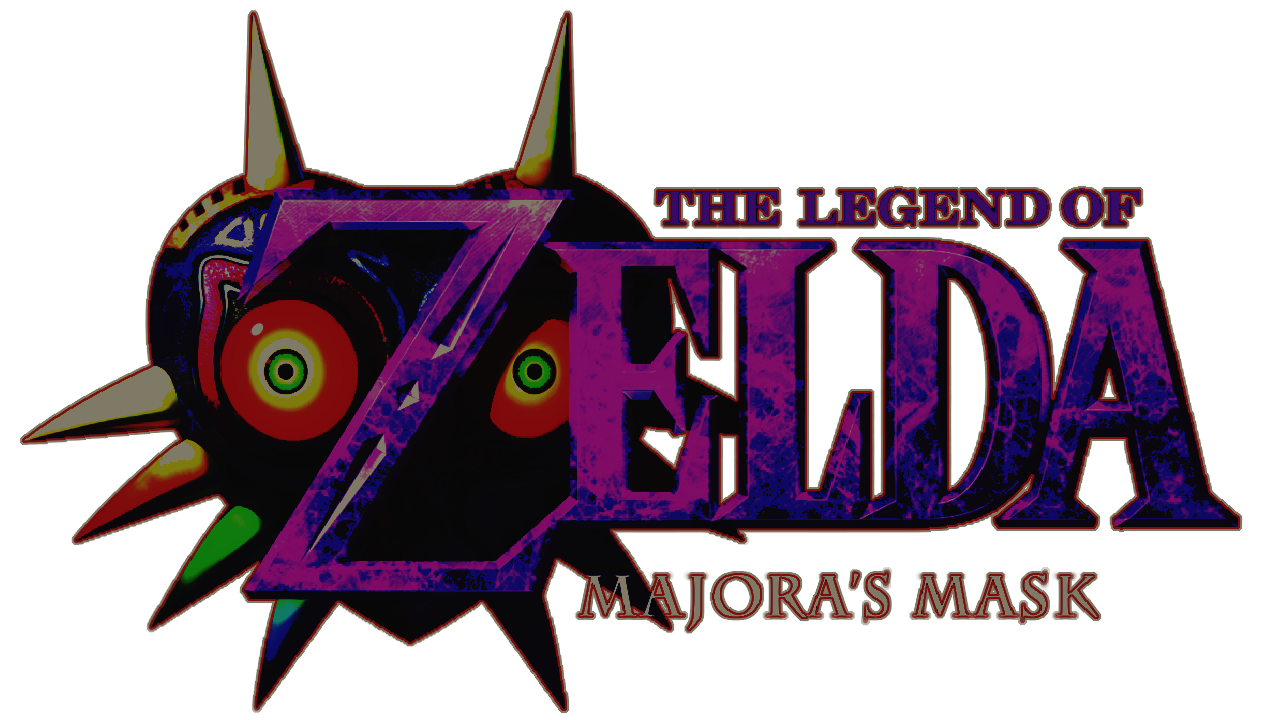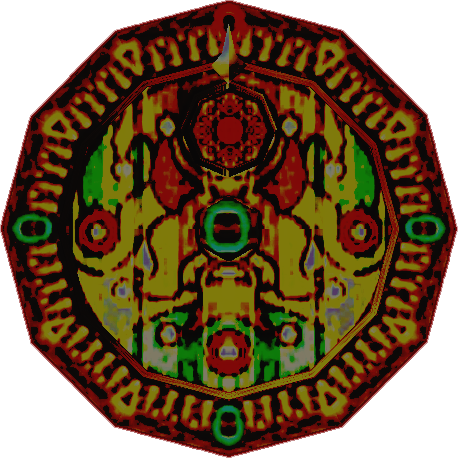———WHAT IS IT
The Legend of Zelda: Majora's Mask is
a sequel to the critically acclaimed game The Legend of Zelda:
Ocarina of Time (OoT).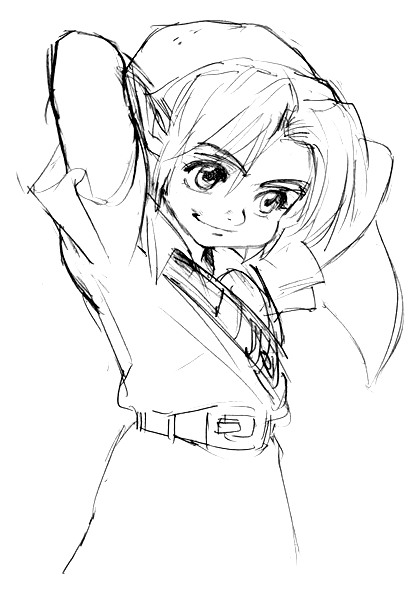 The game follows the same Link, known
as the Hero of Time, from OoT.
After completing his quest and saving Hyrule from Ganondorf, we are
told in the opening to Majora's Mask that Link had "crept away from
the land that had made him a hero" and had left Hyrule on a more self-interested
journey. That journey would be to find his fairy companion, Navi, who had wordlessly
left him at the end of OoT when he had returned the Master Sword to its pedestal one
last time.
The game follows the same Link, known
as the Hero of Time, from OoT.
After completing his quest and saving Hyrule from Ganondorf, we are
told in the opening to Majora's Mask that Link had "crept away from
the land that had made him a hero" and had left Hyrule on a more self-interested
journey. That journey would be to find his fairy companion, Navi, who had wordlessly
left him at the end of OoT when he had returned the Master Sword to its pedestal one
last time.
After traveling through an unknown, foggy forest on his
trusty horse Epona, Link is attacked and robbed by 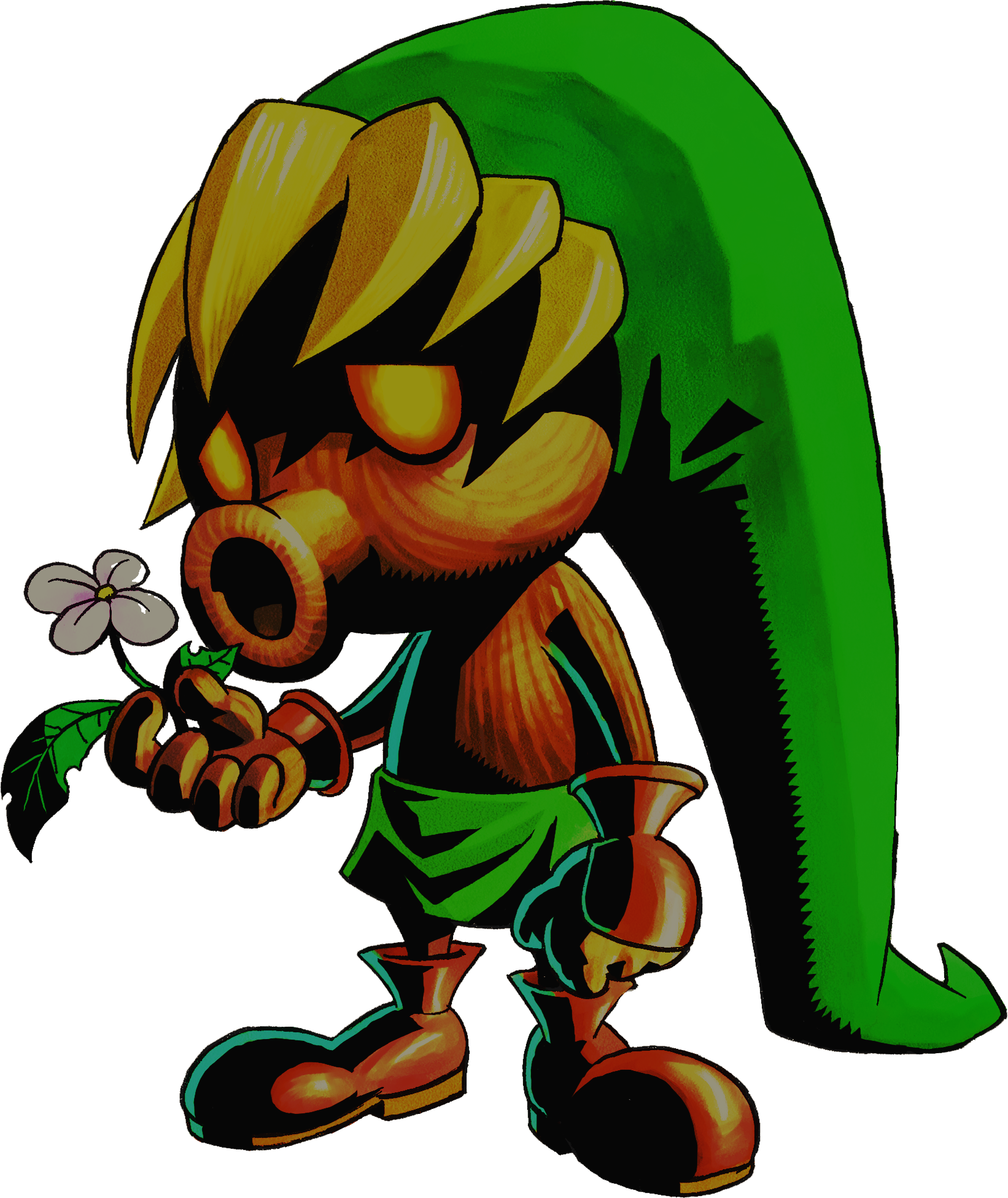 Skull Kid wearing an interesting
mask and accompanied by two fairies: Tatl and Tael. Link gives chase, but ends
up falling down a shaft inside a tree and ends up in the land of Termina. Once
he catches up, Skull Kid curses Link into the form of a Deku Scrub. When Skull Kid
leaves Link to his misery, his one fairy, Tatl, gets stuck behind with Link. Much
more pushy and rude than his old fairy Navi, Tatl essentially forces Link to help
her find her way back to Skull Kid and her brother, Tael.
Skull Kid wearing an interesting
mask and accompanied by two fairies: Tatl and Tael. Link gives chase, but ends
up falling down a shaft inside a tree and ends up in the land of Termina. Once
he catches up, Skull Kid curses Link into the form of a Deku Scrub. When Skull Kid
leaves Link to his misery, his one fairy, Tatl, gets stuck behind with Link. Much
more pushy and rude than his old fairy Navi, Tatl essentially forces Link to help
her find her way back to Skull Kid and her brother, Tael.
In order to lift the curse, Link must return Majora's Mask, now worn by Skull Kid, to the Happy Mask Salesman that he meets in Termina's Clock Tower. However, he only has three days to do so before the moon will crash into the earth, ending the world.
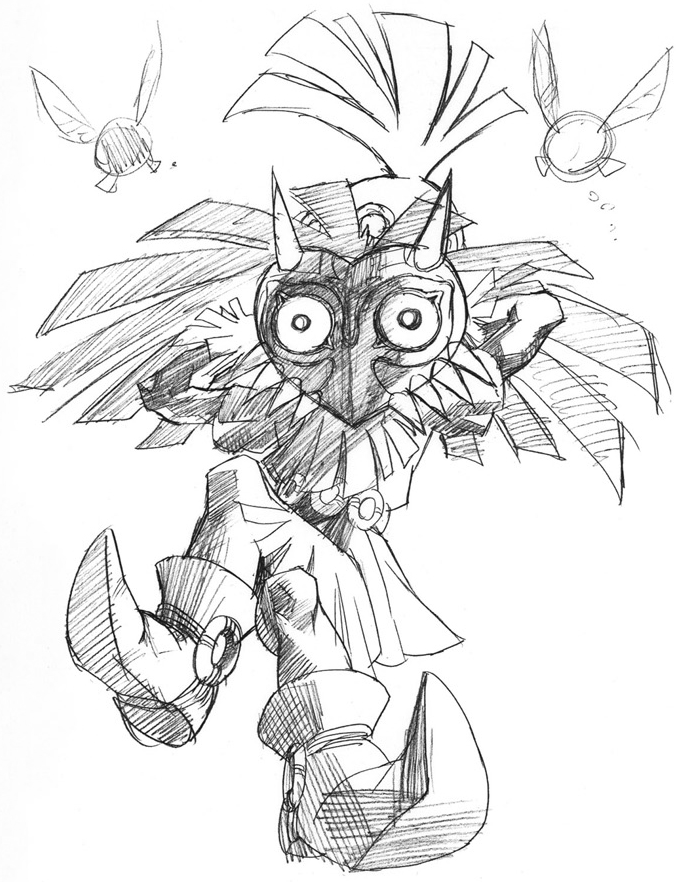 In three days time, after helping the residents of Clock Town the best he can
in his Deku Scrub form, Link confronts Skull Kid on top of the Clock Tower, Tatl by his side with only
minutes before the moon crashes. He doesn't get Majora's Mask back, but he is able to retrieve his ocarina,
specifically the Ocarina of Time, which Skull Kid took back in the forest.
In three days time, after helping the residents of Clock Town the best he can
in his Deku Scrub form, Link confronts Skull Kid on top of the Clock Tower, Tatl by his side with only
minutes before the moon crashes. He doesn't get Majora's Mask back, but he is able to retrieve his ocarina,
specifically the Ocarina of Time, which Skull Kid took back in the forest.
From there, Link is able to play the Song of Time, sending him and Tatl back to three days early, to the dawn of the first day.
The gameplay follows a perpetually repeating three-day cycle with NPCs and events happening at the same exact time each cycle. Important events and meetings are marked in the Bomber's Notebook. Resetting the cycle and returning to the dawn of the first day means certain items, such as rupees, will be lost, but some items, such as masks, Link's sword and shield, and ocarina songs, are kept.
The game has four dungeons, each with a boss whose remains must be acquired in order to complete the game. Link's goal is to free the Four Giants in order to stop the moon from crashing once and for all.
———why i love it
I'd like to preface this section by saying that I'm talking about my experience with this game and the lessons and messages I picked up on, either incorrectly through assumptions or not. I'm not an academic Majora's Mask resource, I'm just someone who played this game during a very traumatic time in my life which I will not deny had some kind of effect on how I read and interpreted this game.
With that in mind, I think it's fair to say that at its most basic, Majora's Mask is about the inevitable end of the world, or the inevitable end of something, potentially everything. As the first day turns to the second and the second day to the third, more and more of the NPCs surrounding you begin acknowledging the fact that their time is almost up. Some in denial shift to anger, while others shift into depression, but very few, without your intervention, reach acceptance in their final moments.
Playing as the hero and all the work that goes in to saving the world removes the feeling of helplessness that most of the NPCs have to grapple with. For all intents and purposes, until you stop Skull Kid and prevent the moon from crashing, all these people surrounding you will die. And keep dying. But in real life, there is no Skull Kid convincing the moon to crash into the earth. People around you will always be dying. And keep dying. And while, unlike Link, we can't stop that from happening, or postpone it, there's still something to be learned from him and his actions.
In our own lives, we're helpless to the inevitable. Everyone we know and love will one day die, the way our lives are right now may not be how they are in a year --- very few things in life are truly permanent and when first realizing this, it can be horrifying to grapple with. As someone who thinks about this constantly, definitely more than is healthy, it's very, very easy to fall into a depression, to become despondent, to just want to give up.
This is, I think, where Majora's Masks' message is truly the strongest: the game, through multiple NPCs, side quests, and it's wonderful writing, acknowledges the inevitable but also drives home the point that, yes, all of that which we experience may be temporary, we may lose a lot throughout our lives, eventually someone who is here daily will no longer be with us, but despite all of this, it does not mean the present is a lost cause. Instead of "borrowing grief from the future", we need to be thankful for all the joys, big and small, we experience in the present.
For me, at least, it is a reminder to BE in the present. I get lost in my mind so frequently, stuck both in the past with all my regrets and in the future mourning people who are still with me, that I don't cherish and appreciate what is right in front of me still.
Even in their final moments, the NPCs of Termina can feel joy and contentment thanks to yours, and Link's , help. Even though the cycle may start anew, even though they are going to die, that doesn't mean that joy is worthless. It means something. And it really showcases the idea that, even when circumstances are at their worst, or especially when circumstances are at their worst, we need to be kind to each other.
It's very hard for me to put all my feelings surrounding this game into words, and I hope to add more to this one day, but I hope if you've read this far, you've gained something from it. There are people who have articulated similar feelings that I have much better, I think, and if you're interested in Majora's Mask then I highly recommend LiamTriforce's, "The Bittersweet Comfort of Majora's Mask", and Jacob Geller's "Every Zelda is the Darkest Zelda."
